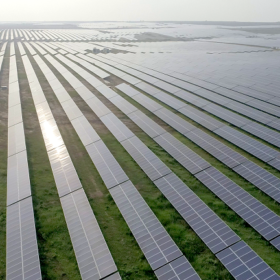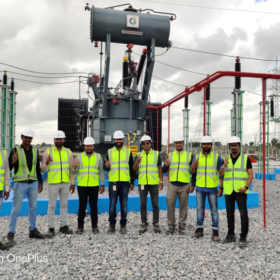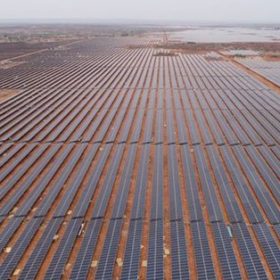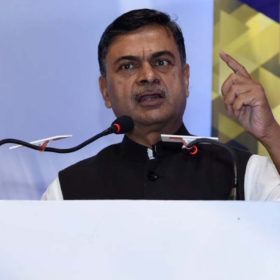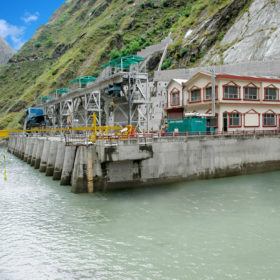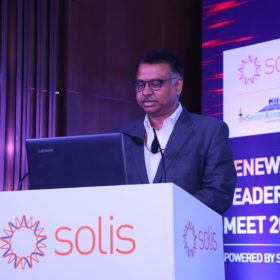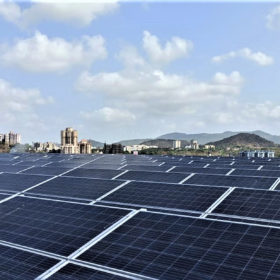Prime minister Narendra Modi to lay foundation stone of 600 MW solar park in Jhansi
State-owned hydropower producer THDC and the Uttar Pradesh New and Renewable Energy Development Agency (UPNEDA) will develop the solar park in the Jhansi district of Uttar Pradesh through a joint venture with an equity participation ratio of 74:26.
Oriano commissions 36 MWp ‘group captive’ solar project in Karnataka
The open-access solar project under group captive mode will supply power to one of the global pharmaceutical companies.
Virescent Renewable Energy Trust raises INR 2,150 crore of debt finance
Virescent Infrastructure shall use the proceeds primarily to refinance special-purpose vehicle (SPV) level debt and fund future acquisitions.
SJVN, Solarworld sign pact for 75 MW solar EPC in Uttar Pradesh
The PV project, located in Parasan Solar Park of the Jalaun District, benefits from a 25-year power purchase agreement with the Uttar Pradesh New and Renewable Energy Development Agency at a tariff of INR 2.68/kWh.
Govt to increase PLI funding for solar manufacturing to INR 24,000 crore
The increase in the financial layout will help accommodate more manufacturers under the government’s production-linked incentives scheme to support gigawatt-scale manufacturing of high-efficiency solar modules.
Hydropower producer SJVN to form solar and storage arm
The company’s board of directors have approved the formation of a wholly-owned subsidiary for solar PV, wind and hybrid power generation (including battery energy storage systems), green hydrogen, and other renewable energy ventures.
Shirdi Sai Electricals gets LoA to set up 4 GW solar fab under PLI Scheme
The Telangana based power distribution transformer manufacturer and installer had placed an INR 1,875 crore incentive bid to set up a fully integrated 4 GW polysilicon-to-module fab under government’s production-linked incentives scheme.
“450 GW by 2030 renewable energy target ambitious but achievable”
At the Renewable Leadership Summit 2021 held recently in New Delhi, Dinesh Jagdale, joint secretary, Ministry of New and Renewable Energy, also asserted the ministry is working on addressing stakeholders’ concerns to ensure the investments keep flowing into RE capacity expansion and equipment manufacturing. The Summit, organized by Solar Association, also saw Solis launch its new-generation PV plant monitoring platform and off-grid hybrid inverters.
Sustaining the battery storage supply chain
Noida-headquartered Lohum plans to expand its integrated lithium-ion battery manufacturing and recycling facility in India to 3 GWh and expand into the US with its first facility. Co-founder Justin Lemmon speaks to pv magazine about how their operations in India will solve the battery supply chain and cost challenge for the nation’s electric mobility and renewable energy ambitions.
Solar and wind power procurement options for commercial and industrial consumers
Solar, like wind, has evolved into a more viable bilateral arrangement business model as prices have decreased and favorable legislation has emerged. Due to significant technical advancements, the solar industry has overtaken wind and has emerged as the favored option.

